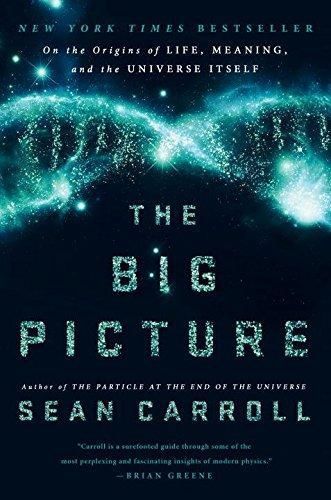
Reviews
Owen McGrath@bearygood
Timeo Williams@timeowilliams
Jared Connor@loopstrangely
Dimitris Papastergiou@s4murai
Felipe Saldarriaga @felipesaldata
Colton Ray@coltonmray
Eitan Hershkovitz@ehershkovitz
Cory Forsyth@bantic
Daniel Lauzon@daneroo
Philip Harrison@feelepxyz
Christopher Wheeler@woolgatherist
Chris Aldrich@chrisaldrich
Adam Wilson@adamwilson
Jeremy Cote@cote